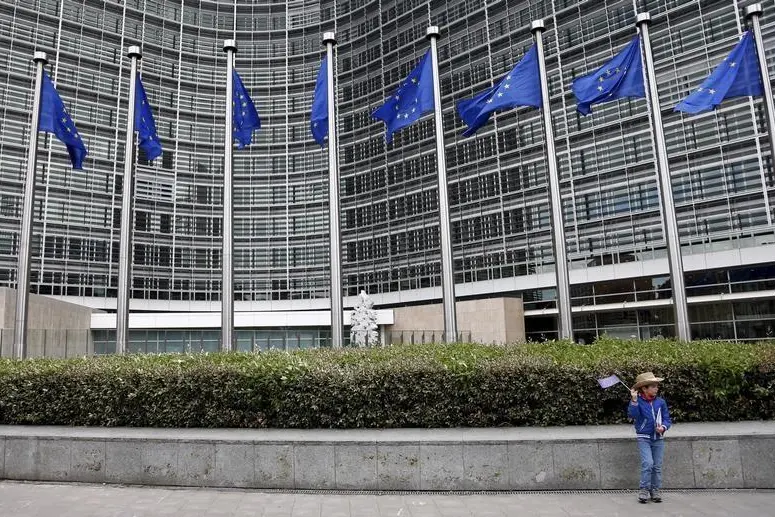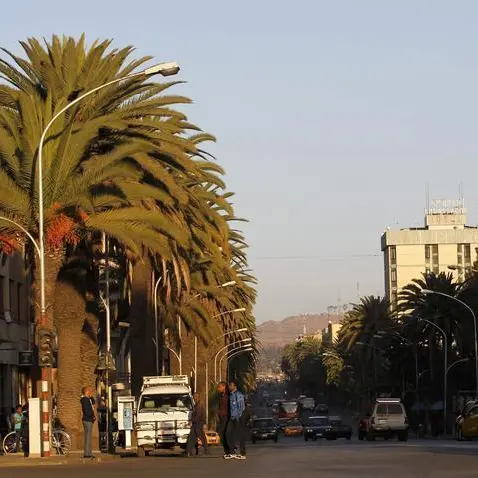PHOTO
The European Union's expenditure on environmental protection (EP) rose by 24% between 2018 and 2022, with investments reaching 69 billion euros ($77.47 billion) solely in 2022, the European statistics office said on Wednesday.
EP investments experienced a downturn in 2020, coinciding with the COVID-19 pandemic and reduced economic investments, but rebounded from 2021, Eurostat added.
In 2022, the major share of EP investments focused on wastewater treatment and waste management services, accounting for 44% and 25.7% respectively, followed by air protection (10.5%) and protection against radiation, environmental R&D and other EP activities (7.8%), said Eurostat.
However, investments in biodiversity and landscape protection constituted only 4.4% of the total.
The European Parliament passed a fiercely contested law on July 12 to promote biodiversity protection and nature restoration activities, and negotiations between EU lawmakers and member countries are ongoing to finalise the text before the EU Parliament elections in 2024.
In 2022, corporations' investments in EP amounted to about 65% of total expenditures, approximately 44 billion euros, and up 22% from 2018, said Eurostat. General government and non-profit institutions serving households constituted 35% of the total, up 21% in four years.
Variations of investment sources occurred among Member States as some countries heavily rely on the government to provide these EP services, while others partially use market-based approaches, said Eurostat.
"Given that a large amount of EP investments are related to waste and wastewater management services, the variations observed may be due to the different organisation of provision of such services across countries," said Eurostat.
While Eurostat data showed that households' EP expenditure rose by 13% over 2018-2022, a survey by the European Investment Bank in March 2023 revealed that about 66% of Europeans support stricter government measures to combat climate change, regardless of income level. ($1 = 0.8907 euros)
(Reporting by Dina Kartit; Edited by Diana Mandiá and Andrea Ricci)





















